Plastic Bottled Water Might be the Silent Killer that Nobody Wants You to Know
Ever bought plastic bottled water from a roadside vendor and on drinking it, you realized it has bad odor smelling like the bottle heated with the strong heat from the sun? Or picture this, drinking Plastic bottled water from the fridge or water that has been stored under normal temperatures vs bottle water that has been exposed to direct sunlight. You won't miss noticing the difference in odor from the sun heated Bottled water.
Currently, buying bottled water is a synonym for acquiring a plastic container. However, behind this is a series of secrets related to this material that not everyone knows and that hasn’t come to light. Take note and keep your body safe. These are the four secrets that will enable you to achieve this.
1. Don’t reuse plastic bottles
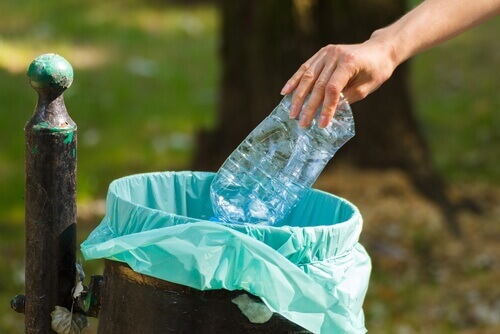
You shouldn’t reuse plastic bottles because they can give off dangerous chemicals. This is why it’s important to pay attention to the symbols on the bottom of the bottles. For example, if you find triangles with numbers inside them, these refer to the type of plastic that the bottle was made from.
Bottles marked with “1” (PET or PETE) are only safe for disposable use.
This is because, in an environment with oxygen, if they warm up or are exposed to the sun’s rays, the plastic will start to release toxic substances. Then, these get into the water.
You should also avoid containers marked with “3” and “7” (PVC and PC) because they give off toxic substances that can penetrate food and drinks.
If you expose your body to this kind of container for a long time, you can end up developing dangerous diseases.
If you want to refill your bottles, bear in mind that you should use bottles made with polyethylene, which are marked with “2” and “4”.
In addition, bottles made with polypropylene are also recommended. These are marked with “5” and the letters PP. This kind of container is relatively safe if you use it to store cold water and you always disinfect it.
2. Be careful of the bacteria
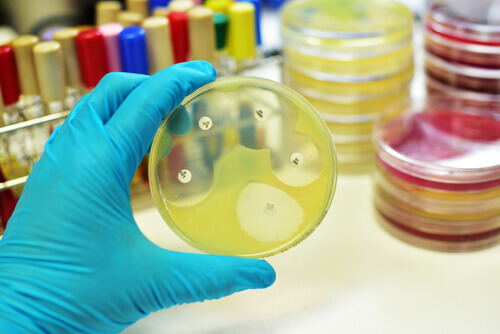
A plastic bottle can be a true nest of bacteria. Actually, the level of microorganisms in these bottles often exceeds quantities that are safe for our health.
Don’t create the perfect conditions for the growth of microbes by picking up a bottle with dirty hands, washing it badly or by storing water in it at room temperature.
The solution to maintain plastic bottles in good condition is to wash them with warm soapy water, vinegar or antibacterial mouthwash.
Overall, the greatest health risk associated with reusing plastic bottles is microbiological. This is because of the day-to-day deterioration of the bottles.
This can be a small breakage or a crack in the material, which becomes the perfect place for bacteria to concentrate.
However, washing the bottle well is no guarantee. After all, we can also ingest toxins or even catch hepatitis A.
According to different investigations, the greatest quantity of bacteria live in the mouth of the bottle. It’s not always possible to achieve adequate hygiene in this area.
Thus, the most efficient and safe option is to use a straw.
This can be a small breakage or a crack in the material, which becomes the perfect place for bacteria to concentrate.
However, washing the bottle well is no guarantee. After all, we can also ingest toxins or even catch hepatitis A.
According to different investigations, the greatest quantity of bacteria live in the mouth of the bottle. It’s not always possible to achieve adequate hygiene in this area.
Thus, the most efficient and safe option is to use a straw.
3. Pay attention to where the water comes from
Many companies mention on their bottles that the water they buy comes from a lovely mountain spring. However, the truth is that the bottled water we buy is often identical to the water we receive through the tap at home.
It’s important to bear in mind that the companies are obliged to explain the source of the water that they sell.
4. Be careful with drinks derived from water
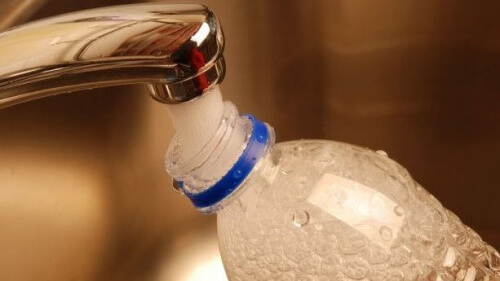
In addition, bottled water companies also sell products derived from water that they add some kind of flavor to. Their aim with these products is to attract young people and sportspeople to the new market.
This is why they sell bottled water with different flavors added. They often claim that they’re “healthier than other sugary drinks”.
However, it’s important to be careful with this. After all, sometimes this water can contain as much sugar as a soda.
To avoid being deceived by the publicity, you should always verify the information that comes on the label and see how much sugar it really contains.
Ready to take the next step in mastering your arousal and Cure your Premature Ejaculation? 👇
Get Your Copy of Mastering Your ArousalUnlock lasting control and confidence in your intimate life.
Related Posts
Trending Articles
Search Now
Recent Posts
- Can Lidocaine Numbing Gel Help with Premature Ejaculation?
- Understanding and Controlling Involuntary Kegels (Contractions) During Sex
- Why the Transition to Sex Can Be So Challenging After Premature Ejaculation Training?
- Why Setbacks Happen: The Truth About Orgasm During Your PE Recovery Journey
- I Prematurely Ejaculated in my Girlfriend while Trying to cure my premature ejaculation using the Guide
Categories
- Premature Ejaculation
- Question & Answer
- Diseases
- Drugs
- Loans
- Insurance
- Health
- Hospital
- Lifestyle
- News
- Know How
- Education
- Travel
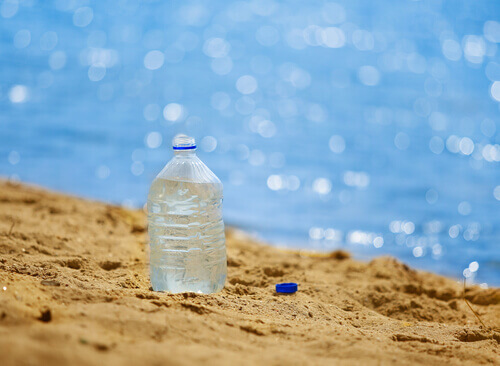
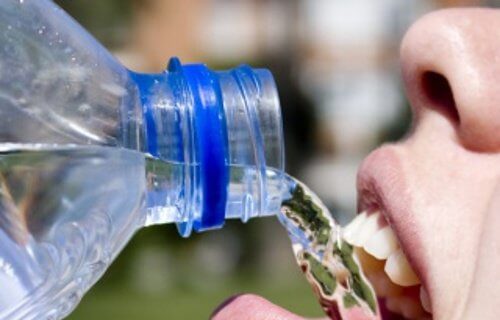
Comments (0)
Leave a Comment